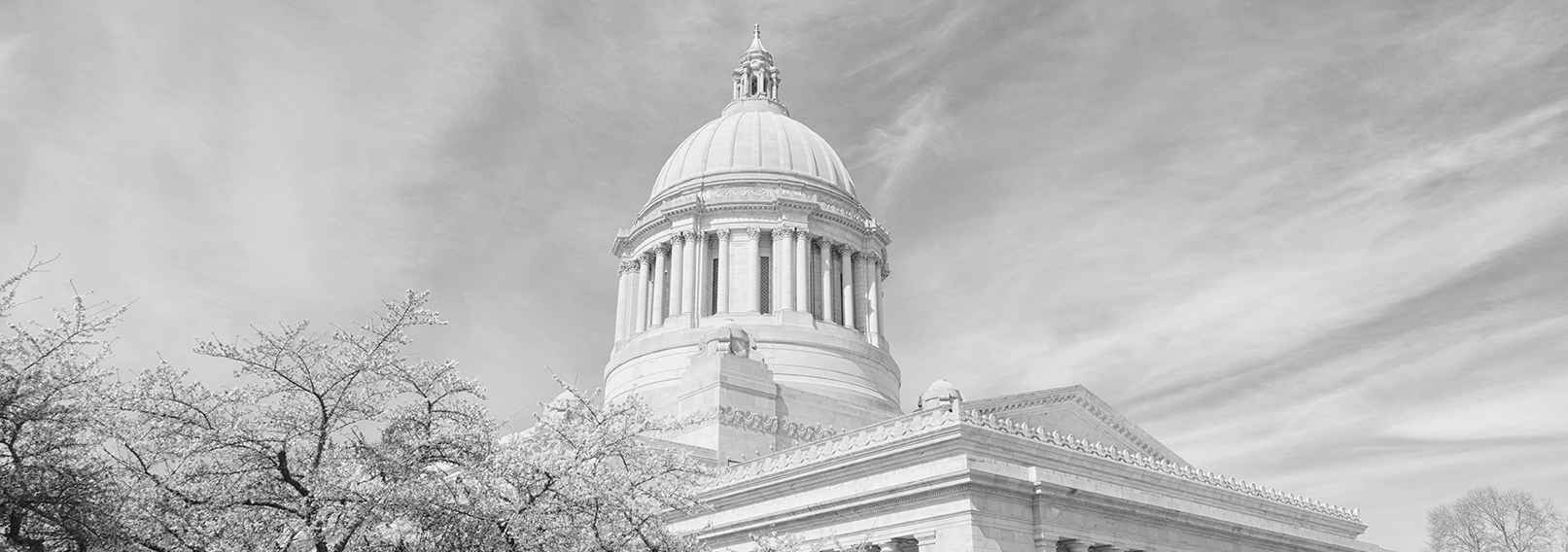Update: Moving Ahead Washington Transportation Package
SB 5974, relating to transportation resources passed the Senate Wednesday evening with several amendments and largely along a party-line vote. Companion bill HB 2119 was heard with much interest on Thursday afternoon in the House Transportation Committee, with testimony running into the evening.
The Washington State Association of County Engineers continues to have concerns with the lack of funding in the Package for the preservation and maintenance of our local transportation system.
While we greatly appreciate the time spent developing this legislation so far, we are trying to keep the conversation going with legislators to modify the bill and ensure state-wide system improvements for all communities throughout our state.
Specifically, there should be an increase in direct distributions to counties and to critical programs like CRAB, TIB, and FMSIB. This investment would be consistent with the additional $3 billion the package provides for DOT’s preservation and maintenance needs.
Another primary concern we have with the current Package is the lack of investment for the removal of local fish barriers. While the Package does a great job of addressing state-owned fish barriers, allocating 2.4 billion dollars to the DOT, we are concerned with the lack of investment to repair upstream and downstream local culverts.
Fixing only state-owned fish barriers could lead to a patchwork of habitat restoration for our state’s endangered salmon and steelhead populations.
The next steps are hearings on the spending bills related to the Package in both the Senate and House Transportation Committees. HB 2118, Concerning additive transportation funding and appropriations, will be heard Monday, February 21, at 3:30pm and SB 5975 will be heard at 4:00pm the same day.
Update: HB 1918, Transitioning to Zero-Emission Outdoor Power Equipment
Proposed SHB 2749.2 replaced HB 1918 and was heard in the House Finance Committee Thursday morning.
While the Substitute bill includes better language for counties, we continue to have concerns about the impact to our daily operations after the January 1, 2025, deadline in the bill. After this date, local jurisdictions will only be allowed to purchase zero-emission power equipment under 25hp. The new language includes:
- An expanded exception to the purchasing requirement for power equipment that’s used for:
- Tree falling or tree removal from a public right of way;
- Utility vegetation management; and,
- Work in remote settings that cannot be accessed by a motor vehicle.
The new bill also provides that the Department of Enterprise Services may grant a waiver to a state agency or local government that can demonstrate that there is no zero-emission power equipment available on the market to perform a task necessary for public health, safety, or welfare.
We are currently working to strengthen both the exemptions in the bill and to simplify the department’s ability to grant waivers for jurisdictions when no equivalent zero-emission alternative equipment is available.



